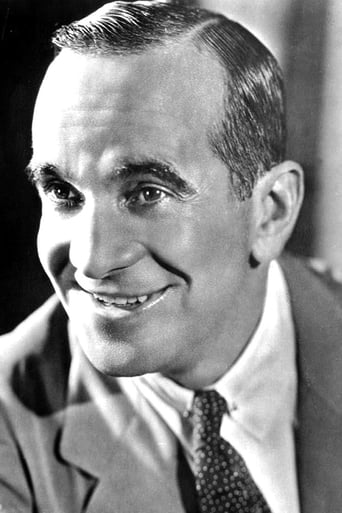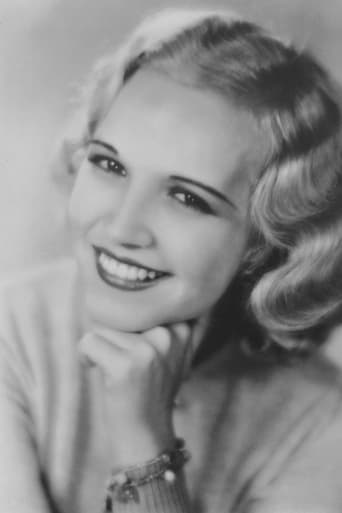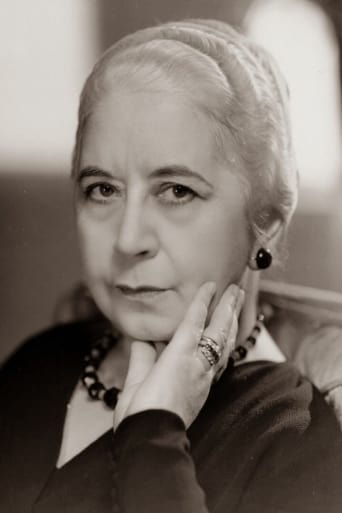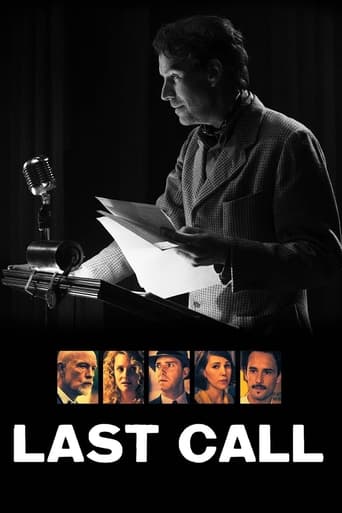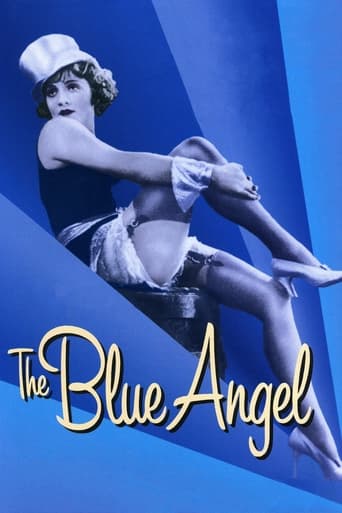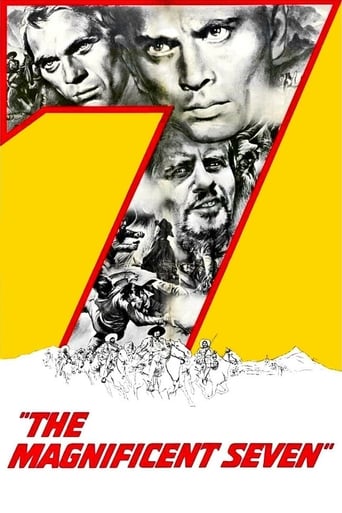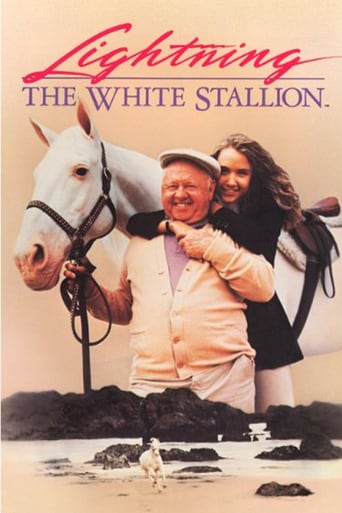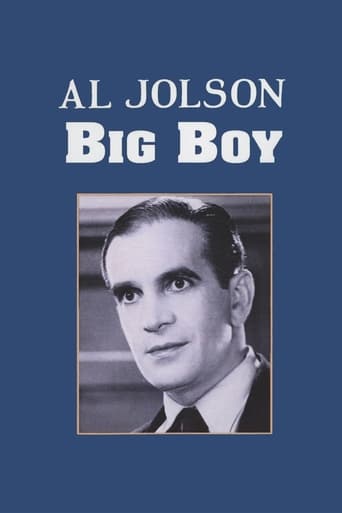

Big Boy (1930)
Gus, the trusty family retainer, has hopes of riding his boss' horse, Big Boy, to victory at the Kentucky Derby.
Watch Trailer
Cast
Similar titles
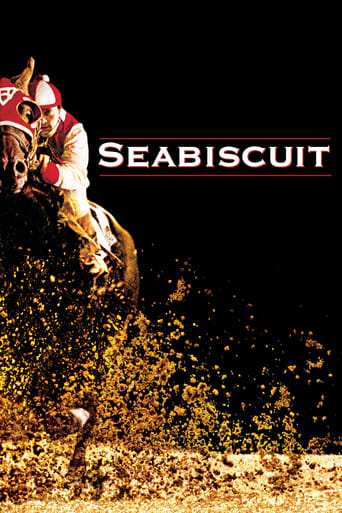
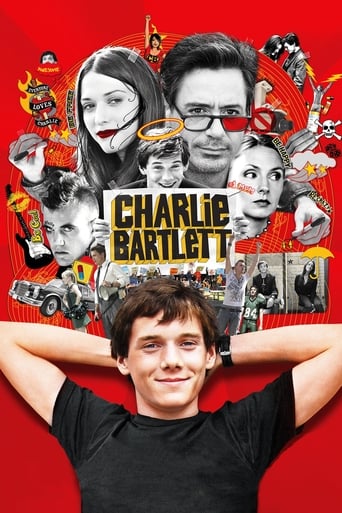
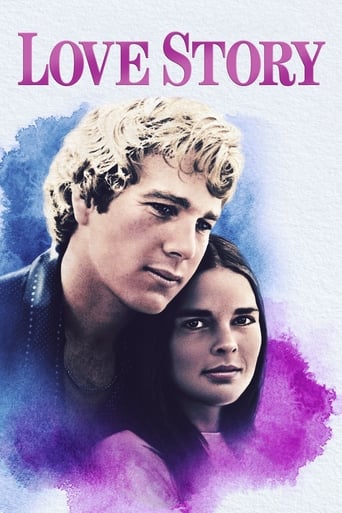
Reviews
Although it has its amusing moments, in eneral the plot does not convince.
Very interesting film. Was caught on the premise when seeing the trailer but unsure as to what the outcome would be for the showing. As it turns out, it was a very good film.
A lot of perfectly good film show their cards early, establish a unique premise and let the audience explore a topic at a leisurely pace, without much in terms of surprise. this film is not one of those films.
There's no way I can possibly love it entirely but I just think its ridiculously bad, but enjoyable at the same time.
Director: ALAN CROSLAND. Screenplay: William K. Wells, Rex Taylor, Perry N. Vekroff. Based on the 1925 Broadway musical by Harold Atteridge. Photography: Hal Mohr. Film editor: Ralph Dawson. Art director: John Hughes. Costumes designed by Earl Luick. Songs (all Jolson): Hooray for Baby and Me, Tomorrow Is Another Day, Liza Lee, Down South, What Will I Do Without You?Copyright 5 August 1930 by Warner Brothers Pictures. New York opening at the Winter Garden: 12 September 1930. 6,275 feet. 69 minutes. (Available on a very good 9/10 Warner Archive DVD).COMMENT: In my opinion, one of Jolson's best films. I'd rate this one third, after Rose of Washington Square and Wonder Bar. Based on Jolson's huge Broadway success, the movie is crammed full of delightful inside jokes and throwaway lines - some of which have to be heard to be believed! Jolson has such a great time singing and ad-libbing that he passes this enthusiasm on to the audience. Crosland has wisely filmed the proceedings as if it all took place on a theater stage. This adds to the fun. Unfortunately, some of the other early Jolsons now available don't stand up at all well. And even a later one, The Singing Fool (1936), finds Jolson swamped by the futile attempts of knockabout comedians (Mitchell and Durant) and over-talkative camera-hoggers. But "Big Boy" is a joy!
Off camera for possibly only a few minutes during this film version of one of his biggest Broadway hits, All Jolson does all he can to worm his way into the hearts of his fans. His schtick may fate but the urge to smile at least is always there. Even his now taboo if black-face us forgivable, a part of a by-gone era that can never return. When he breaks into traditional Negro spirituals, it is as if his whole soul has been taken over by some spirit of the past, crying out for peace. His rendition of "Tomorrow is Another Day" must have been pretty potent stuff for depression era audiences, and the passion in his singing still strikes today. It is a shame, however, that all movie audiences got with this was an obviously truncated version of what he had done on stage, and it is not memorable for anything else but Jolson's singing.The slight story concerns an alleged Creole stable boy who works past his station, eventually becoming a singing waiter (again!) and later a jockey in the Kentucky Derby. Such respected players as Claudia Dell, Noah Beery and Louise Closser Hale stand up with their dignity intact, but as he admits even here in the script, if you are what you eat, then he is the Easter ham to end all Easter hams. Still, ham sliced thin makes for an awfully nice sandwich.
Big Boy was one of two Al Jolson films that were taken from Broadway shows Jolson starred in. The other one was Wonder Bar. In this case it allows us the only filmed record of the kind of character Jolson played in his shows.As it is here, the character is usually named Gus and he's black and Jolson does him in blackface as sadly he's identified today. On Broadway Big Boy ran for 176 performances during the 1924 season and in his usual fashion Jolson always interpolated his own material in it, sometimes discarding songs and adding them during the run. One song he discarded was one he felt was not working for him during the Broadway run and he gave it to his number one rival Eddie Cantor. It turned out to be If You Knew Susie.The film follows the plot of the stage show. Jolson plays the old family retainer of a Kentucky bluegrass family and part of his duties is to ride and take care of the horses, most especially their thoroughbred contender for the Kentucky Derby named, Big Boy.But there's skullduggery afoot. There's a plot by some gamblers to fix the Derby for another horse. That calls for separating Al from his beloved equine charge. Of course you know it all turn out right in the end.During the play and the film, there's a flashback sequence in which Jolson plays his own grandfather and saves a young bride from the lecherous advances of Noah Beery. In the film Beery identifies himself as a Klansman and I have to say that Jolson, servile and all as he is, does in fact save the day. Of course while doing his shuffling act, he gets quite a few zingers in. When the story ended as it did for Jolie on Broadway, he'd remove the blackface and usually sing a medley of his hits per request from the audience. That's what happens here also though none of the songs from Big Boy the film gained any popularity.One thing I cannot figure out is during the Broadway run, Jolson got two reasonably big hits from the show, Hello 'Tucky Hello and Keep Smiling At Trouble. Why they weren't sung in the film is beyond me.It's not a great film, Big Boy contains a lot of racial stereotypes that people would find offensive. But to see what Jolson was like on stage, this is the closest we'll ever come to it.
Al Jolson attempted to re-create his hugely successful Broadway show by making this film. Unfortunately, Jolson on film is a pale ghost compared to entertainer referred to as the "World's Greatest." On Broadway in "Big Boy" Al Jolson received what are to this day, the greatest reviews a Broadway stage performer has ever garnered. (see, Herbert Goldman, "The Legend Comes to Life") All who saw him perform knew that Jolson did not work on film, and Jolson knew it himself - - he simply could not put across on film his electrifying and magnetic stage persona through celluloid. Thus his screen performances are stiff and wooden. The media was completely wrong for him. In this film we see only glimpses of what audiences saw on the stage: an extraordinary comedian, singer and "presence." It must, unfortunately, fail to deliver. But it is worth seeing as one might want to see a still photograph of a lost work of art, or magnificent edifice.
